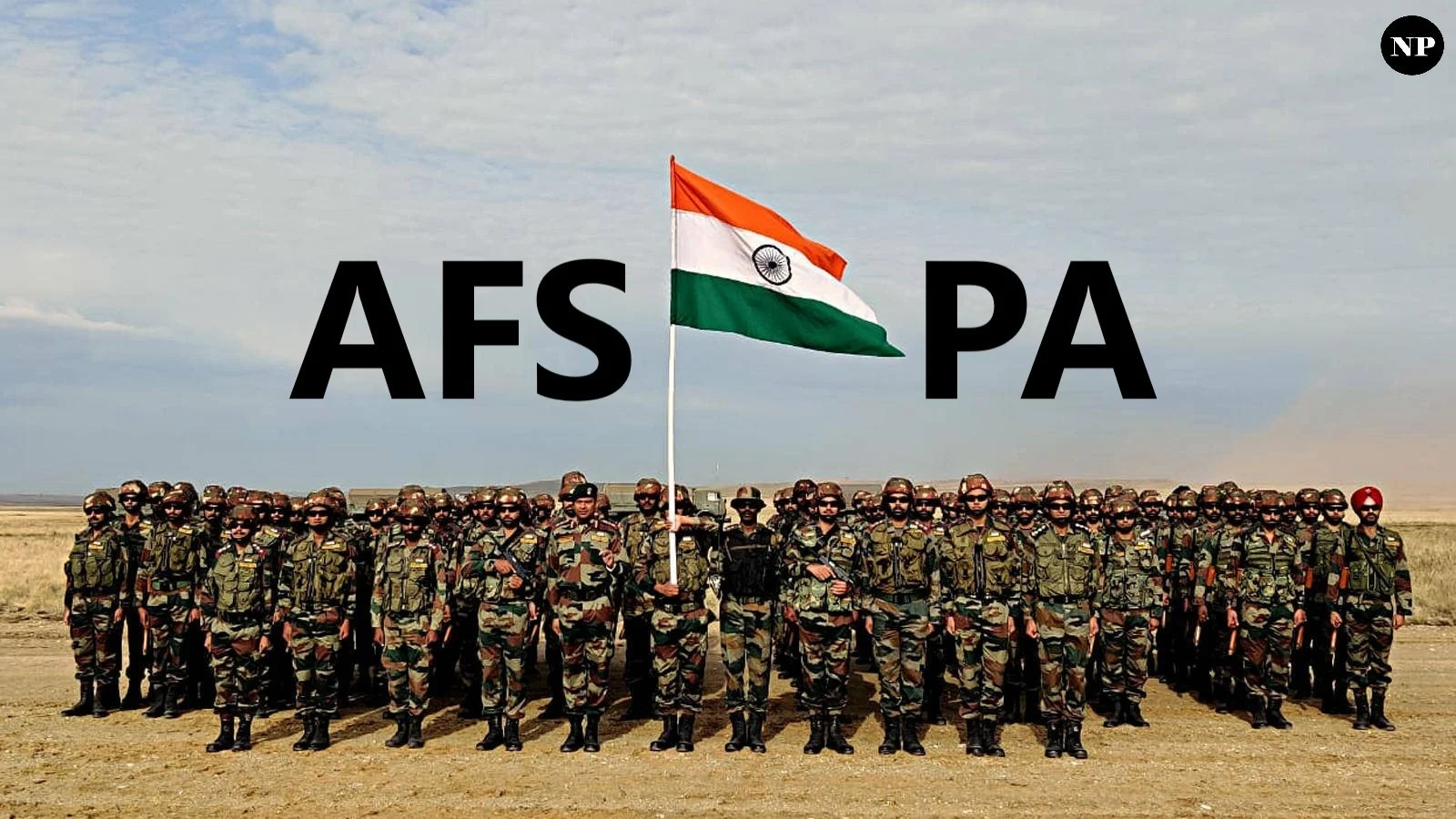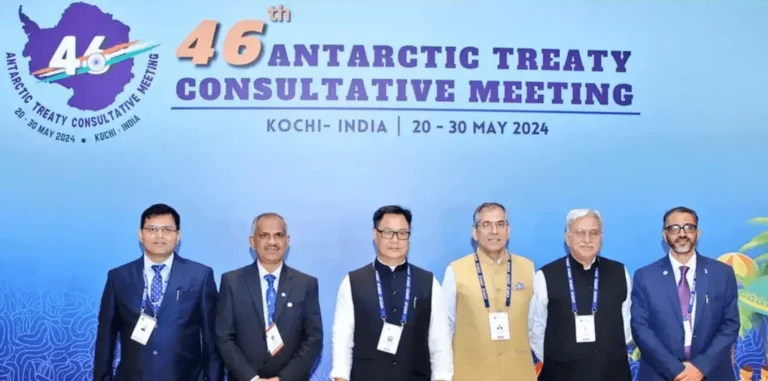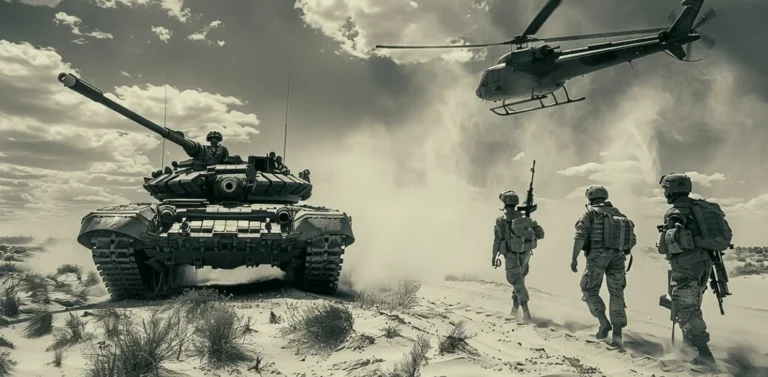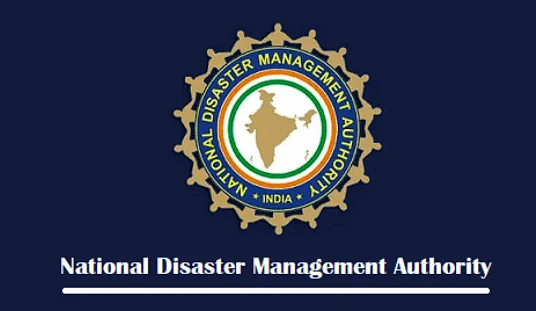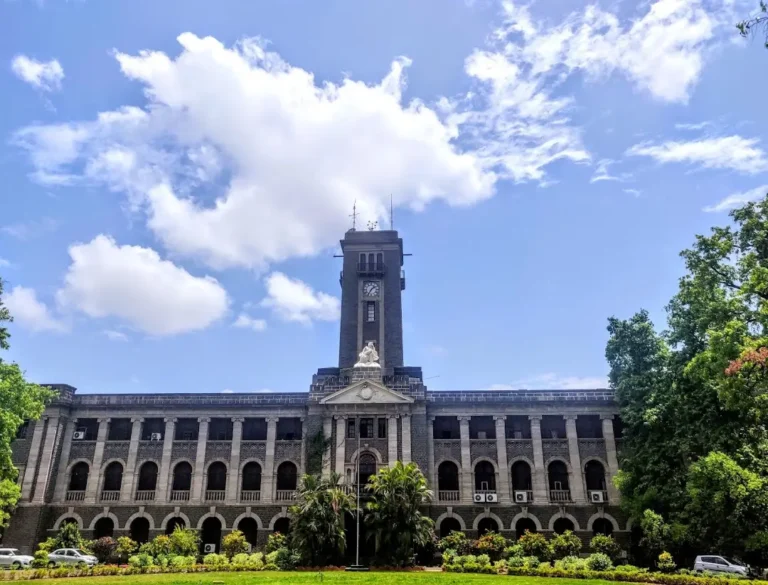AFSPA
AFSPA stands for Armed Forces Special Act. AFSPA gives powers to the army, state and central police forces to shoot to kill, search houses and destroy any property that is “likely” to be used by insurgents in areas declared as “disturbed” by the home ministry.
About AFSPA
- Security forces can “arrest a person without a warrant”, who has committed or is even “about to commit a cognizable offence” even based on “reasonable suspicion”.
- Provides security forces with legal immunity for their actions in disturbed areas.
- Invoked when a case of militancy or insurgency takes place and the territorial integrity of India is at risk.
History of AFSPA
AFSPA was first enacted as an ordinance in the backdrop of the Quit India Movement launched by Mahatma Gandhi in 1942. After its launch, movement became leaderless and turned violent in many places across the country. Leaders like Mahatma Gandhi, Jawaharlal Nehru, VB Patel and a host of others had been put behind the bars. Then Viceroy Linlithgow promulgated the Armed Forces (Special Powers) Ordinance, 1942.
Ordinance practically gave the Armed Forces a “license to kill” when faced with internal disturbances. On the lines of this ordinance, the Indian government promulgated four ordinances in 1947 to deal with internal security issues and unrest arising due to partition in four provinces Bengal, Assam, East Bengal and the United Provinces.
The Armed Forces (Special Powers) Bill was passed by both the Houses of Parliament and it received the assent of the President on 11th September, 1958. It came on the Statute Book as THE ARMED FORCES (SPECIAL POWERS) ACT, 1958 (28 of 1958).
State administration became incapable to maintain its internal disturbance. Armed Forces (Assam and Manipur) Special Powers Ordinance was promulgated by the President on 22nd May of 1958 in which some special powers have been given to the members of the armed forces in disturbed areas in the State of Assam and Union Territory of Manipur. Later the Ordinance was replaced by the armed Forces Special Powers Bill.
AFSPA in different states
- Assam and Manipur in 1958
- AFSPA was first enacted to deal with the Naga insurgency in the Assam region.
- In 1951, the Naga National Council (NNC) reported that it conducted a “free and fair plebiscite” in which about 99% of Nagas voted for a ‘Free Sovereign Naga Nation’. There was a boycott of the first general election of 1952 which later extended to a boycott of government schools and officials.
- And in order to deal with the situation, the Assam government imposed the Assam Maintenance of Public Order (Autonomous District) Act in the Naga Hills in 1953 and intensified police action against the rebels.
- When the situation worsened, the state government of Assam deployed the Assam Rifles in the Naga Hills and enacted the Assam Disturbed Areas Act of 1955, thus providing a legal framework for the paramilitary forces and the state police forces to combat insurgency in the region.
- But the Assam Rifles and the state police forces could not contain the Naga rebellion and the rebel Naga Nationalist Council (NNC) set up a parallel government in 1956.
- To tackle this threat, the Armed Forces (Assam and Manipur) Special Powers Ordinance 1958 was promulgated by President Dr. Rajendra Prasad on 22 May 1958.
- It was later replaced by the Armed Forces (Assam and Manipur) Special Powers Act of 1958.
- The Armed Forces (Assam and Manipur) Special Powers Act, 1958 empowered only the Governors of the States and the Administrators of the Union Territories to declare areas in the concerned State or the Union Territory as ‘disturbed’.
- The reason for conferring such power as per “Objects and Reasons’” included in the Bill was that “Keeping in view the duty of the Union under Article 355 of the Indian Constitution, interalia, to protect every State against any internal disturbance, it is considered desirable that the Central government should also have the power to declare areas as ‘disturbed’, in order to enable its armed forces to exercise special powers”.
- It was later extended to all North-Eastern states.
- Punjab and Chandigarh in 1983
- Central government enacted the Armed Forces (Punjab and Chandigarh) Special Powers Act in 1983, by repealing The Armed Forces (Punjab and Chandigarh) Special Powers Ordinance of 1983, in order to enable the central armed forces to operate in the state of Punjab and the union territory of Chandigarh which was battling the Khalistan movement in the 1980s.
- In 1983 the Act was enforced in the whole of Punjab and Chandigarh.
- As the Khalistan movement died down AFSPA was withdrawn in 1997.
- While the Punjab government withdrew its Disturbed Areas Act in 2008, it continued in Chandigarh until September 2012 when the Punjab and Haryana high court struck it down.
- Jammu and Kashmir in 1990
- AFSPA in Jammu & Kashmir was enacted in 1990 in order to tackle the unprecedented rise in militancy and insurgency in Jammu and Kashmir.
- Jammu and Kashmir has its own Disturbed Areas Act (DAA) separate legislation that came into existence in 1992.
- Even after the DAA for J&K lapsed in 1998, the government reasoned that the state can still be declared as a disturbed area under Section (3) of AFSPA.
Main Features of AFSPA
- Governor of a State and the Central Government are empowered to declare any part or full of any state as a disturbed area if according to their opinion that it has become necessary to disrupt the terrorist activity or any such activity that might impinge on the sovereignty of India.
- Security forces can arrest anybody even without a warrant, and carry out searches without consent.
- The act does not explicitly explain the circumstances under which it can be declared as a ‘disturbed area’. It only states that “the AFSPA only requires that such authority is of the opinion that whole or parts of the area are in a dangerous or disturbed condition such that the use of the Armed Forces in aid of civil powers is necessary.”
Latest News related to AFSPA
- Union Ministry of Home Affairs (MHA) on 28th March extended the Armed Forces (Special Powers) Act (AFSPA) in parts of Nagaland and Arunachal Pradesh for another six months.
